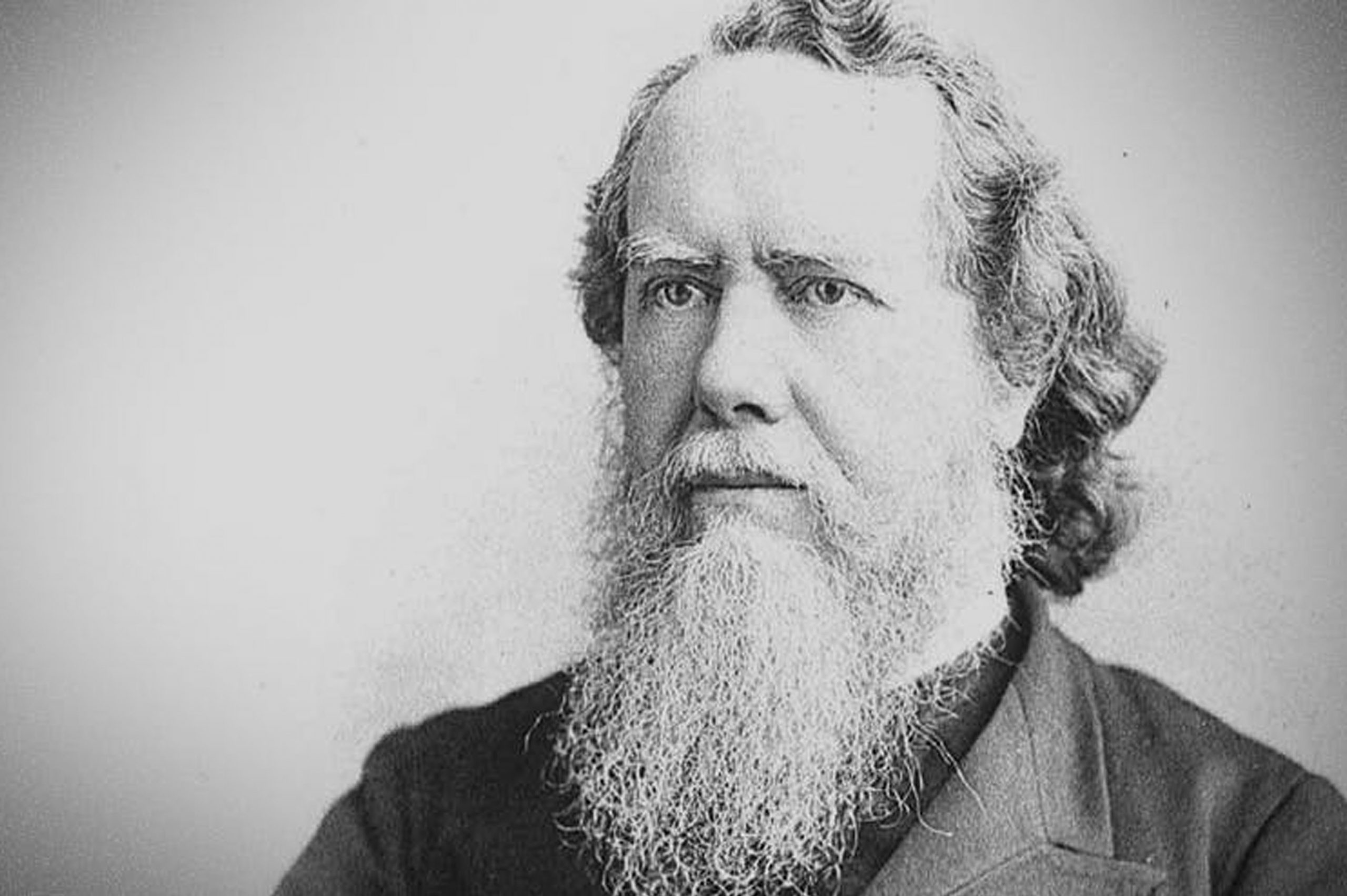Arranged from the book, “Hudson Taylor And The China Inland Mission. The Growth Of A Work Of God”
by Dr. and Mrs. Howard Taylor.
After being away from China, caring for affairs of the China Inland Mission in his homeland of England for
over a year, Hudson Taylor was ready to return to the land of his calling. The Lord provided a new
companion for Mr. Taylor, following his beloved first wife’s earlier death in China. Arranging for a council in
Britain to handle affairs there, he and the new Mrs. Taylor, a missionary who had served in China under his
leadership, returned to China after an absence of a year and three months.
Mr. Taylor set about to visit the various stations to revitalize them. This involved lengthy separations from
his new wife, a costly sacrifice, but one borne bravely for the Lord.
“Pray on and labour on,” he wrote to a fellow missionary also undergoing serious trial. “Don’t be afraid of
the toil; don’t be afraid of the cross. They will pay well.”
And pay came soon thereafter in the form of a blessed moving of the Holy Spirit on the work. There were
some outstanding conversions and a number of baptisms. But always Mr. Taylor was burdened for the
millions yet unreached. Thanking God for what had already been accomplished, and discounting the great
weight upon him in superintending the many missionaries and stations already under his care, in 1874 he
penciled in his Bible a little note that showed how his love for the Chinese and his faith in the Lord were
prodding him ever onward. He wrote:
“Asked God for fifty or a hundred additional native evangelists, and as many foreign superintendents as
may be needed, to open up the four Fus and forty-eight Hsiens [administrative districts] still unoccupied in
Chekiang [province]; also for the men to break into the nine unoccupied provinces. Asked in the Name of
Jesus. I thank Thee, Lord Jesus, for the promise whereon Thou hast given me to rest. Give me all needed
strength of body, wisdom of mind, grace of soul to do this Thy so great work. Amen.”
He could easily have felt that he had expended enough, that he had done his part for the evangelization of
China. He could have felt that the responsibility of the many missionaries he already had under his care was
all he had faith for, but instead, in the year 1874, he set his face toward the western provinces that as yet had
no resident missionary workers.
“My soul yearns, oh, how intensely!” he wrote at this time (June 1874), “for the evangelization of the
hundred and eighty millions of these unoccupied provinces. Oh, that I had a hundred lives to give or spend
for their good!”
“Fuller Blessing Through Deeper Suffering”
At this very crucial time, he was called home to England. The lady caring for the children had died. There
was also need for reorganization in the home office of the mission. Shortly before leaving China for England,
he suffered a fall. As a result, not long after reaching his homeland, he found himself confined to bed,
suffering considerably. For months he lay an invalid. How difficult this was when he had expected to
accomplish so much when he arrived in England.
His bedroom became a prayer chamber. When not in prayer alone or with others gathered with him, he
was busy with interviews and correspondence. At the end of five months, when he was able to be up and
around, he wrote: “I believe that God has enabled me to do more for China during this long illness than I
might have done had I been well. Much thought, much prayer, and some effort in the way of writing by
dictation have brought my intense desire for the evangelization of all the unreached provinces visibly nearer.”
Another party of eighteen missionaries was sent forth. Mr. Taylor believed that had he been active –
speaking and moving hearts through his appeals – people would have acclaimed his ability and would have
credited him as the sender of the new missionaries. As it was, the missionaries came and were provided for
through prayer while he was laid aside. The glory was given to God.
Stirred by the realization of how God had worked, he wrote to the missionaries on the field: “Shall we not
each one of us determine to labour more in prayer; to cultivate more intimate communion with God by His
help; thinking less of our working and more of His working, that He may in very deed be glorified in and
through us?
“If we can and will do this, I am quite sure that ere long there will be abundant evidence of it in the
improved state of our congregations and churches, in the preparedness of the people for the message, and
in the power with which it is delivered. More souls will be saved; the believers will lead more holy lives, and
our own knowledge of God and joy in Him will be multiplied….”
More than one remarkable answer to prayer encouraged them during this time. One day a friend intended
to give him a check for five pounds for the work, but unintentionally he wrote fifty pounds. Mr. Taylor, sensing
the mistake, urged him to take it back. But the friend felt that Mr. Taylor must keep it, for God must surely
have intended that he write fifty instead of five, he said. When Mr. Taylor returned to his home, he found that
a remittance ready to be sent to China was forty-nine pounds eleven shillings short of the required amount.
How delighted they were with such direct provision from the Lord!
One who visited Mr. Taylor in his home in England was amazed at the simplicity and humbleness of his
abode. The reason for Mr. Taylor’s sacrificial living was that he felt that the only way China could be
evangelized was if the people at home would put into practice much self-denial, and he would not ask them
to do something he was unwilling to do himself.
(To be continued)






